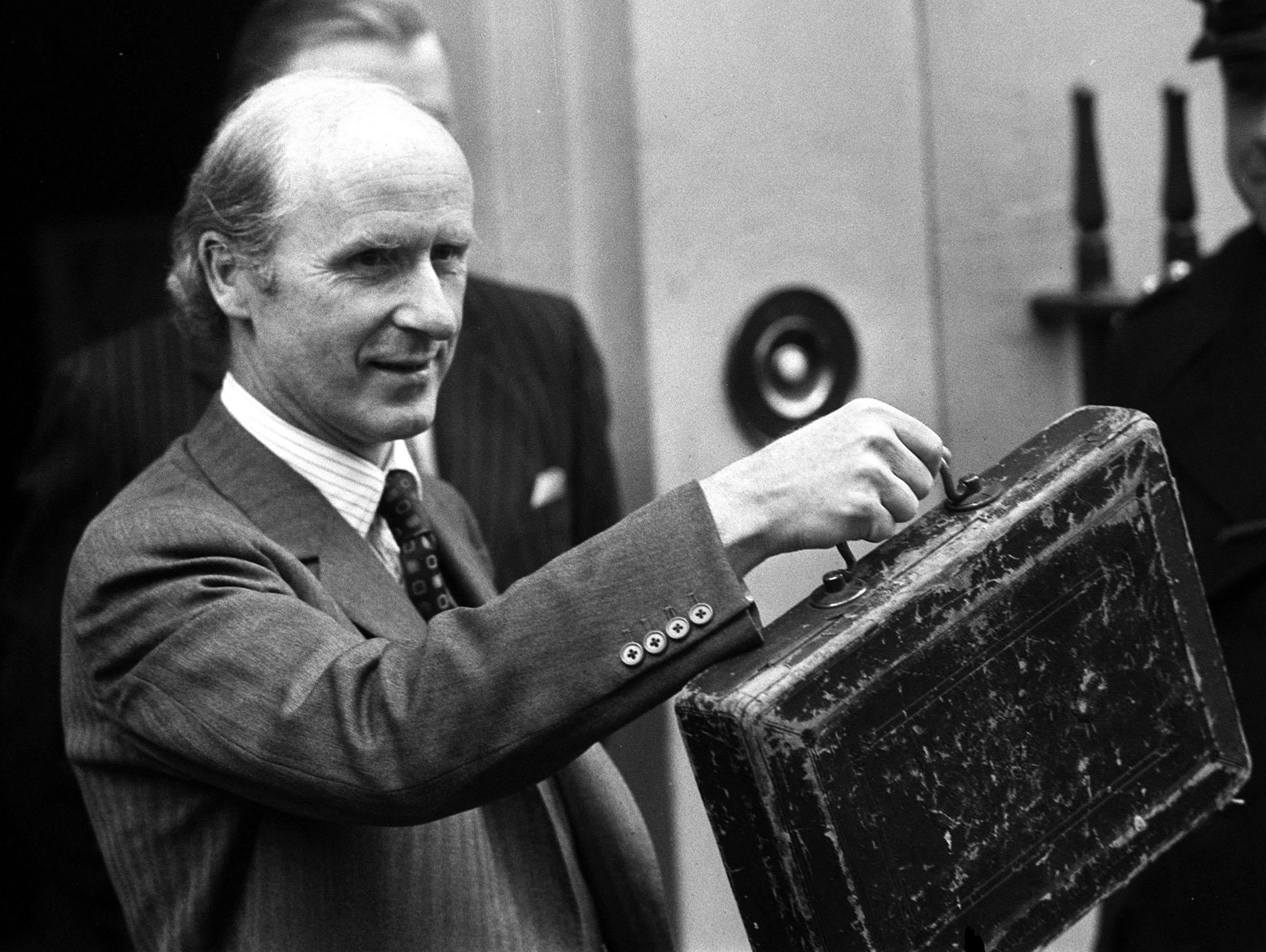Kwarteng package has ‘biggest tax cuts since 1972’, says leading economist
‘It is half a century since we have seen tax cuts announced on this scale,’ according to Paul Johnson, director of the IFS .

Your support helps us to tell the story
From reproductive rights to climate change to Big Tech, The Independent is on the ground when the story is developing. Whether it's investigating the financials of Elon Musk's pro-Trump PAC or producing our latest documentary, 'The A Word', which shines a light on the American women fighting for reproductive rights, we know how important it is to parse out the facts from the messaging.
At such a critical moment in US history, we need reporters on the ground. Your donation allows us to keep sending journalists to speak to both sides of the story.
The Independent is trusted by Americans across the entire political spectrum. And unlike many other quality news outlets, we choose not to lock Americans out of our reporting and analysis with paywalls. We believe quality journalism should be available to everyone, paid for by those who can afford it.
Your support makes all the difference.Kwasi Kwarteng has presided over the biggest tax cut in 50 years, according to one expert analysis, as the Chancellor announced one of the largest tax giveaways in decades.
Friday’s fiscal event, billed as a mini-budget despite turning out to contain billions in tax cuts, reportedly goes further even than the package announced by Margaret Thatcher’s Chancellor Nigel Lawson in 1988.
That budget, remembered as something of a tax-cutting bonanza that cheered Tory MPs, was reached for as a touchstone in recent days by economic commentators as more details emerged of what Liz Truss and Mr Kwarteng had in store.
In a raft of major financial announcements on Friday, Mr Kwarteng brought forward the planned cut to the basic rate of income tax to 19p in the pound a year early to April and reduced stamp duty for homebuyers.
The Chancellor also said he would abolish the top rate of income tax for the highest earners, a surprise move in a budget announcement centred around a bid to turn the UK’s sluggish growth around.
But Paul Johnson, director of the widely respected Institute for Fiscal Studies, said that the plan goes further than even Mrs Thatcher’s Chancellor, harking back to the era of her Conservative predecessor Edward Heath.
Calling it a “quite extraordinary” statement, he said it was the “biggest tax-cutting event since 1972”.
“It is not very mini. It is half a century since we have seen tax cuts announced on this scale,” he told BBC News.
It was, Mr Johnson said, a “gamble”.
Labour agreed, with the shadow chancellor Rachel Reeves telling the Commons that the PM and her Chancellor were “two desperate gamblers in a casino chasing a losing run”.
Heath’s Chancellor was Anthony Barber – and things did not end well for the so-called “Barber boom”.
“Barber’s ‘dash for growth’ then ended in disaster. That Budget is now known as the worst of modern times. Genuinely, I hope this one works very much better,” Mr Johnson said.